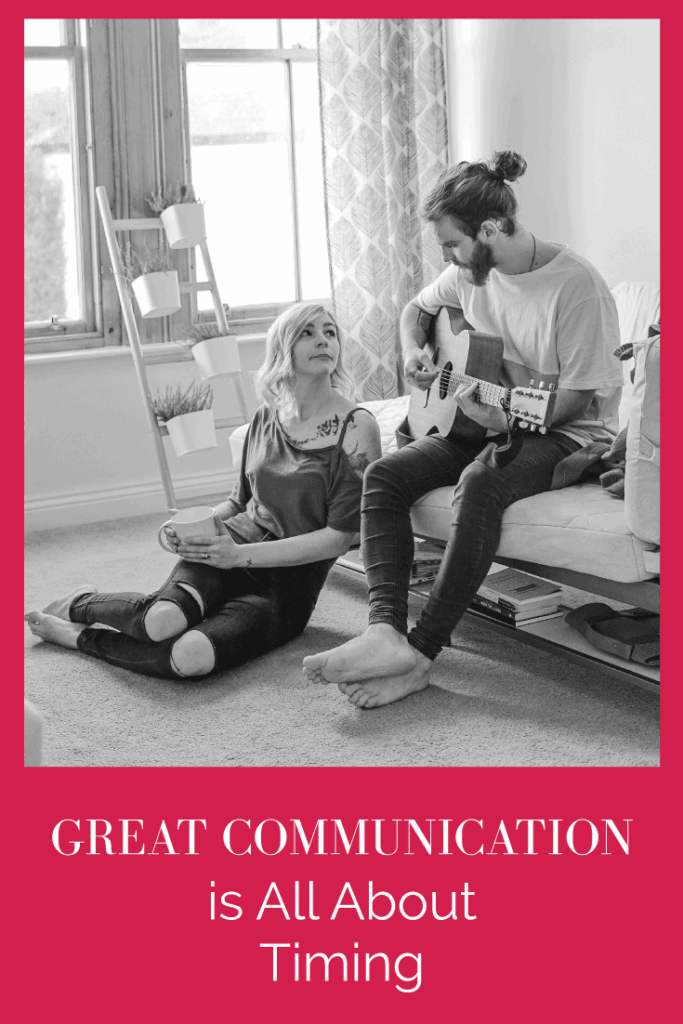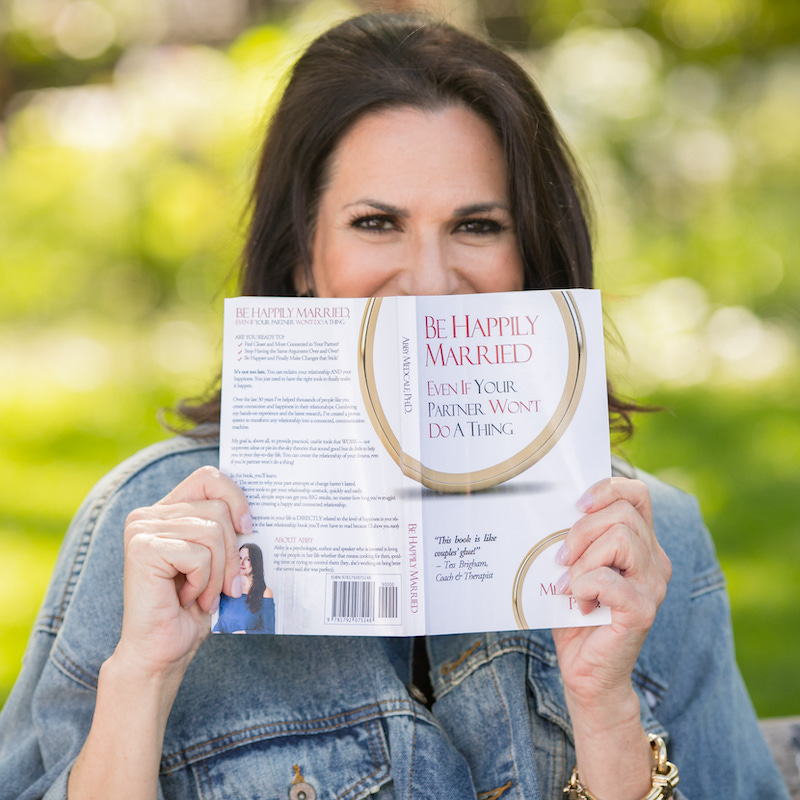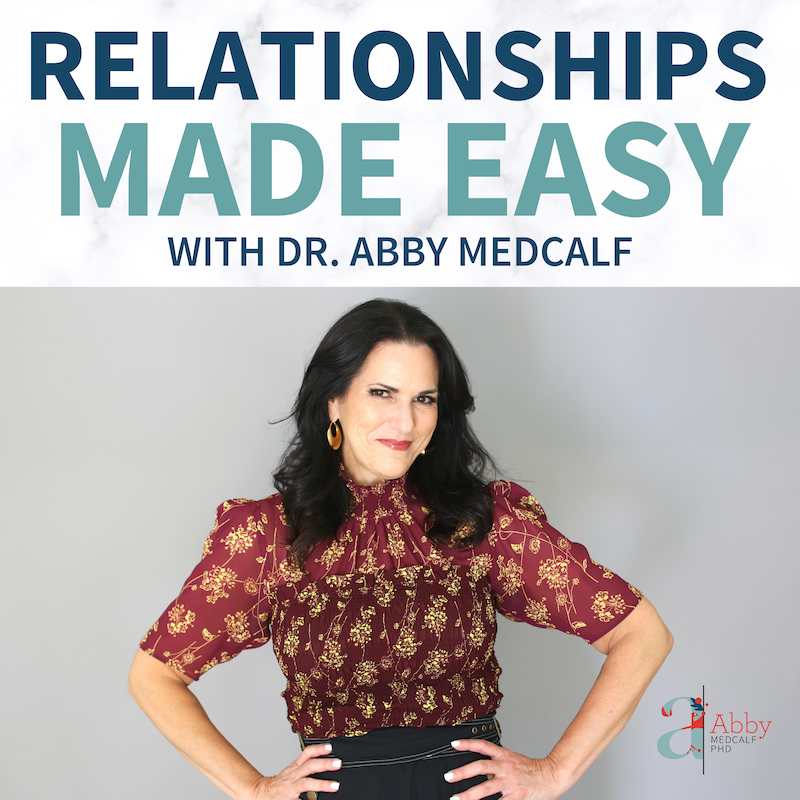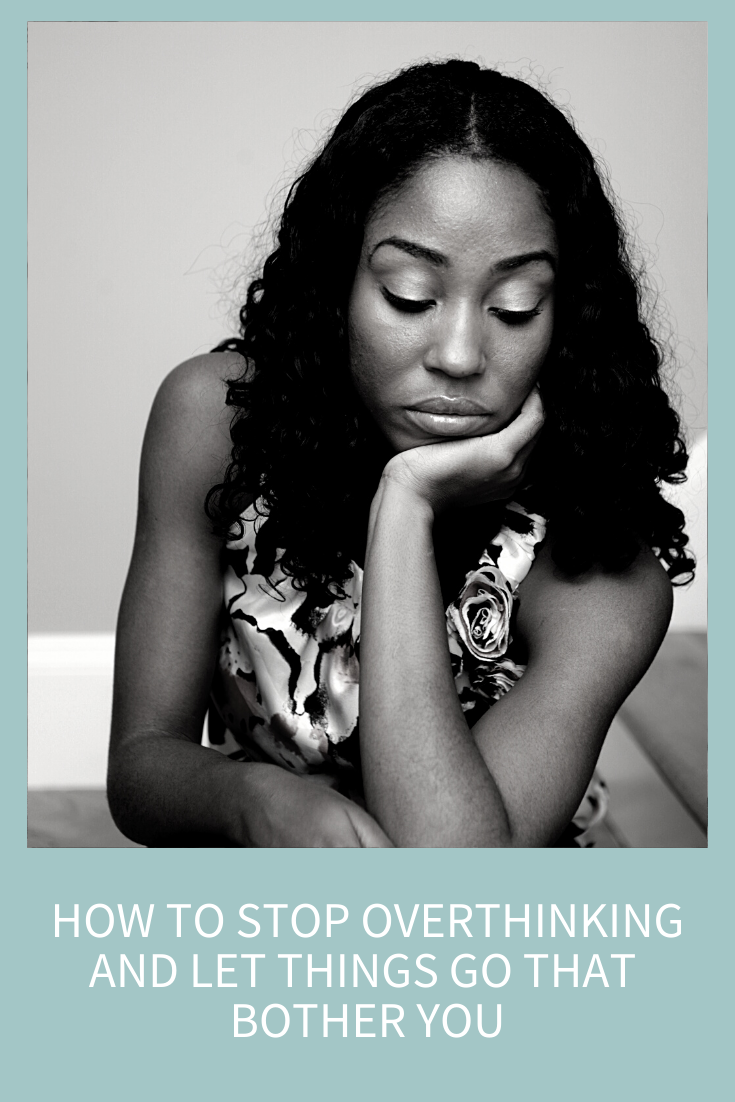
You can’t be a Relationship Maven and not talk a lot about Communication Tools.
I’ve covered a wide variety of topics on communication over the years and today I want to bring you something new that I haven’t discussed before.
Today I’m going to talk about having a delayed reaction versus a delayed response in your relationship.
You’re Having that Same Argument
You and your partner are in that same argument (again). You’ve been working on your self-awareness, so you’re actually able to be in the here and now and realize you’re in the fight (bravo!). Now you’re trying to remember all those great tools you’ve learned to stop the fight. That’s when you recall that you’re supposed to act, not react.
You immediately feel better because you’re thinking, “I’ve got this. I’m not going to let my partner get to me. I’m going to keep my cool and not say anything right now. I’m just going to listen and walk away. I’m going to be the better person.”
And you do just that. You effectively stop the fight because it takes two to tango and you’ve stopped dancing. As the day goes on, though, you start thinking about that conversation and you start stewing. You’re still pissed about whatever “very unfair” thing got said and it starts to fester in your brain. The problem is that you haven’t resolved anything in your head. You haven’t tried to see the other person’s point of view or really listen to what they were trying to express.
All you did was walk away. Because you haven’t worked through any of your thoughts and feelings from the argument, you end up being passive aggressive the next time you see your partner, or maybe you find yourself saying something sarcastic or snide the next week. Maybe you even pick a new fight about something really vital like them using your razor (again) – all because you’re still pissed about this disagreement you had yesterday, last week or last month.
The reason this situation remained so screwed up is because you had a delayed reaction as opposed to a delayed response. Walking away so you don’t yell or stopping and taking 10 breaths so you can listen to the rest of a conversation is great.
However, there needs to be a specific follow-through to that.
What needs to happen next is an examination of your part in the argument. I need you to ask questions. I talk about asking questions a lot but, this time, they’re questions you want to ask to yourself.
I want you to ask yourself things like:
- “What’s my responsibility in what just happened?”
- “What role did I play in that argument?”
- “Why was my partner so sad/angry/defensive/insert emotion here?”
- “What is it that’s truly upsetting my partner?”
- “Was I defensive?”
- “If I had to do that conversation over again, what would I do differently?”
- “What can I do differently moving forward?”
- “Why am I so upset/sad/angry/defensive/insert emotion here?”
- “What else could be true in this situation?”
- “Why am I assuming X is a fact?”
When you let your mind play the incident over and over you work yourself up into a REAL lather, and you bring your energy and emotion down. When you ask questions of yourself, you’re doing the opposite. You’re moving toward solution and getting your mind and emotions into a more positive place.
You’ve Got to Turn Off Your Fear Brain
Think back to all the things I’ve taught you (if you haven’t been following me for a while, where have you been?!). When you’re stewing about an argument and playing it over and over again in your head, what part of your brain is activated? When you indulge in these kinds of unhealthy behaviors or thinking about how “right” you are, you trap yourself in your limbic system’s amygdala and your only options are to fight, flee or freeze.
By asking yourself the questions I just posed, you’ll slow down the process and you’ll engage your prefrontal cortex and your thinking brain. From there you’ll be able to problem-solve and work on trying to understand your partner and the situation. Instead of being in your reptilian, fear-based brain, you’ll be in your rational, love-based brain.
In any interaction, a primary goal is to act, not react. What does “re” mean at the beginning of a word? It means “again.” So, when you react you’re acting again – you’re repeating an action or behavior you’ve taken before.
When you act, instead of react, you’re thoughtful about what you’re going to say and how you’re going to respond before you speak or take action. You might take some calming breaths, go splash water on your face, walk around the block, call a trusted friend, count to ten or just wait until you feel calmer so you can finish the conversation. All of these tools help you delay the reaction and that’s great.
If you spend your time after an argument festering, resentful, thinking of your great rebuttal, about how “right” you are or about how you’re going to get back at the other person – then you might as well have just yelled in the moment. At least then your partner will know what you’re upset about. When you act in passive-aggressive (or just aggressive) ways days or weeks after the incident, your poor partner doesn’t know what hit them. Now they’re totally confused. They’re thinking, “What the hell is going on? My partner is an a-hole!”
I don’t mean to compare your partner to a dog but…
If your dog pees on the carpet on Monday and you hit him on the nose with a rolled-up newspaper on Thursday, he’s just going to think you’re mean, and that Thursday is a bad day for you. He’s never going to connect his poor behavior from three days ago to getting hit now. The same is true for your partner. All they do is put your negative behavior in the resentment bank (and isn’t that account full enough? Do you really need to add to it?)
Instead of all that negative head talk, I want you to think of an appropriate response and use the time to think, calm down and be introspective. Having a delayed response means that you’ve waited so you can think about things and be more reasonable, patient and kind.
A delayed response means that you’ve thought things through. You’ve asked yourself the questions and you’re trying to figure out, ultimately, what else could be true in this situation. Remember that you feel the way you think. So, once you start allowing yourself to have different thoughts about the situation, you can have different feelings about the other person, yourself and what happened. Now, when you resume the conversation, you can respond differently because you’re thinking differently.
This brings us to another essential strategy to consider: Timing and Tone.
When we’re in the heat of a moment, it’s often not the best time to say something to your partner. You’re emotional and probably not thinking rationally. Changing your timing can have a profound effect on an interaction. And, when you change your timing, your tone naturally changes.
Let’s say you and your partner have a tiff around dinnertime. You get through that and get the kids washed and put to bed and you’ve cleaned or helped clean up the kitchen. You’ve been thinking about your part in things but you’re still upset, although it’s better. Now there’s some free time around 8:30pm and you go to your partner to finish your earlier conversation.
Because you’ve waited and changed the timing, your tone is immediately better. You’re less upset so the issue is less “hot” and the words you’re using with your partner are more gentle and thoughtful. The conversation will now go completely differently. Timing and tone is huge.
I often tell people that you can say pretty much anything you want to say, just not when you want to say it. Waiting for a “better” time is almost always the way to go.
I say “almost always” because there are three caveats with this:
- First, I said waiting for a “better” time not a “perfect” time. There is no perfect time. Don’t let things go for days or weeks. The timing can be delayed (while you’re making sure you’re going to have a response and not a reaction), but you generally don’t want to wait more than 48 hours.
- Sometimes people wait to have the conversation but then never have it! That doesn’t work. What often happens is someone will wait so they’ll have a healthy response, but then they feel better and tell themselves it wasn’t such a big deal. They’re thinking, “We’re getting along great now – I don’t want to ruin it!” It’s healthy to delay certain conversations, but it’s not healthy to eliminate them. Whatever the “thing” is will continue to happen and you’ll build resentment.
- Even though I said all that, maybe you really can let it go. Sometimes you wait and then realize that whatever you fought about really didn’t bother you and you really were overreacting. It’s OK not to bring it up at that point but, I warn you, be careful with this thinking. Make sure that’s really true and you’re not just avoiding.
In the end, when you focus on having a delayed response and not a delayed reaction, it puts you in a healthier, more open mindset – this is the best place to start any conversation. Remember to check in with yourself and to come from love, not fear.







